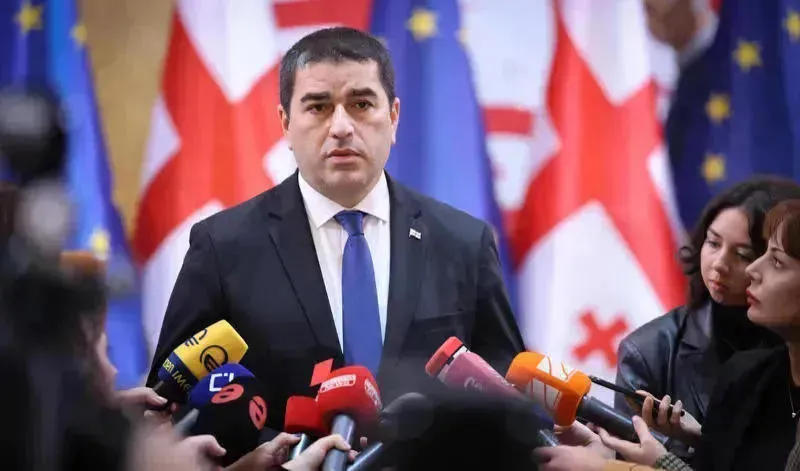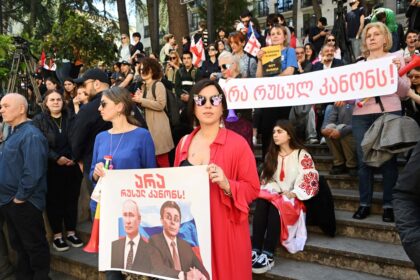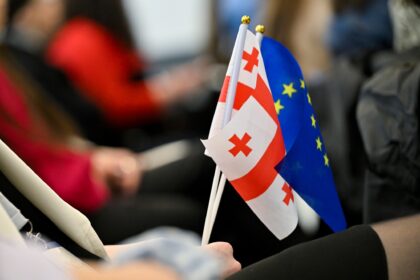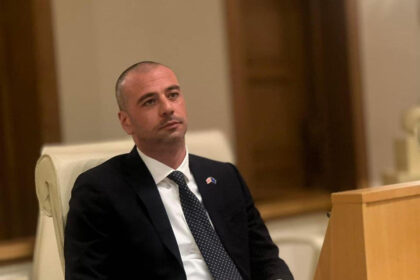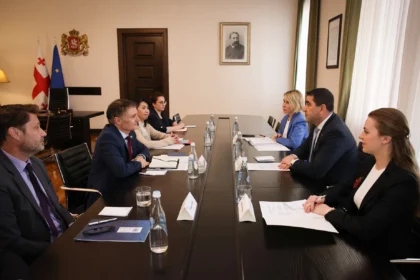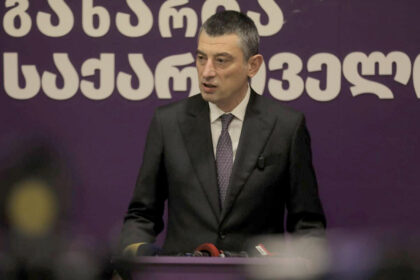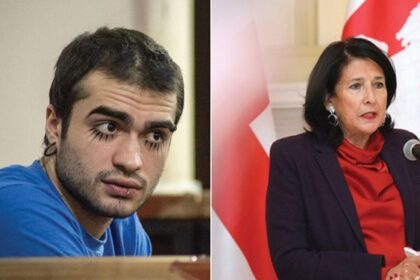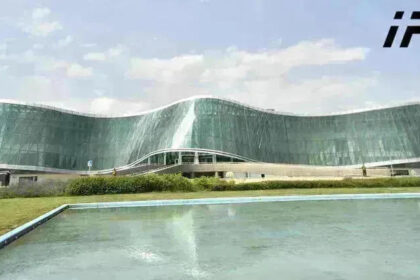**Georgian Parliament Speaker Slams EU Ambassador’s Comments**
In an interview with the newspaper Batumelebi, Pawel Herczynski, the EU Ambassador to Georgia, made some alarming comments that have sparked a strong reaction from Georgian authorities. Speaking to journalists, Parliament Speaker Shalva Papuashvili called out the ambassador for his “distorted perception of family” and accused him of encouraging hate, violence, and propaganda.
According to Papuashvili, Herczynski’s recent statements are part of a larger crisis in values within the EU. The ambassador suggested that family members might view someone sanctioned by the EU with disdain, which Papuashvili described as “repulsive.” He also implied that sanctions are not just a legal instrument, but a tool for stigmatization.
**A Lack of Understanding**
Papuashvilli took issue with Herczynski’s lack of understanding about Georgia and its people. While the ambassador mentioned receiving khachapuri (a traditional Georgian bread) for free, Papuashvilli pointed out that “Georgia is a bit more than khachapuri and khinkali” (another popular Georgian dish). This comment suggests that Herczynski has failed to grasp the complexities of Georgian culture and society.
**A Pattern of Behavior**
The statement by “People’s Power,” a Georgian opposition party, also criticized Herczynski for his behavior. According to them, he is part of the foreign-controlled opposition operating in Georgia, who exceeds his authority as an ambassador. This assessment suggests that Herczynski’s actions and statements have been consistent with this pattern.
**Commentary**
The reaction from Papuashvilli and “People’s Power” highlights the tensions between Georgian authorities and the EU Ambassador. While the EU has been a significant partner for Georgia, Herczynski’s comments have put him at odds with key figures in the country.
This incident raises questions about the role of ambassadors and their responsibilities. Should they be seen as impartial facilitators or active players in domestic politics? The exchange between Papuashvilli and Herczynski highlights the complexities of international relations and the need for diplomats to understand local cultures and values.
**A Deeper Analysis**
The comments by Herczynski and the reaction from Georgian authorities reveal a deeper issue – the clash of values between Brussels and Tbilisi. The EU’s approach to sanctions, which Herczynski seemed to promote, is seen as punitive rather than constructive. This perspective is at odds with Georgia’s desire for sovereignty and self-determination.
This incident also speaks to the broader context of international relations in the region. As global politics becomes increasingly complex, diplomats must navigate multiple layers of influence and stakeholder interests. The EU Ambassador’s misstep highlights the need for greater cultural sensitivity and a nuanced understanding of local contexts.
Read More @ www.interpressnews.ge




